Slack AI: Everything you need to know about the platform's new features
New Slack AI features look to supercharge user productivity and collaboration as the firm targets intense competition with industry competitors
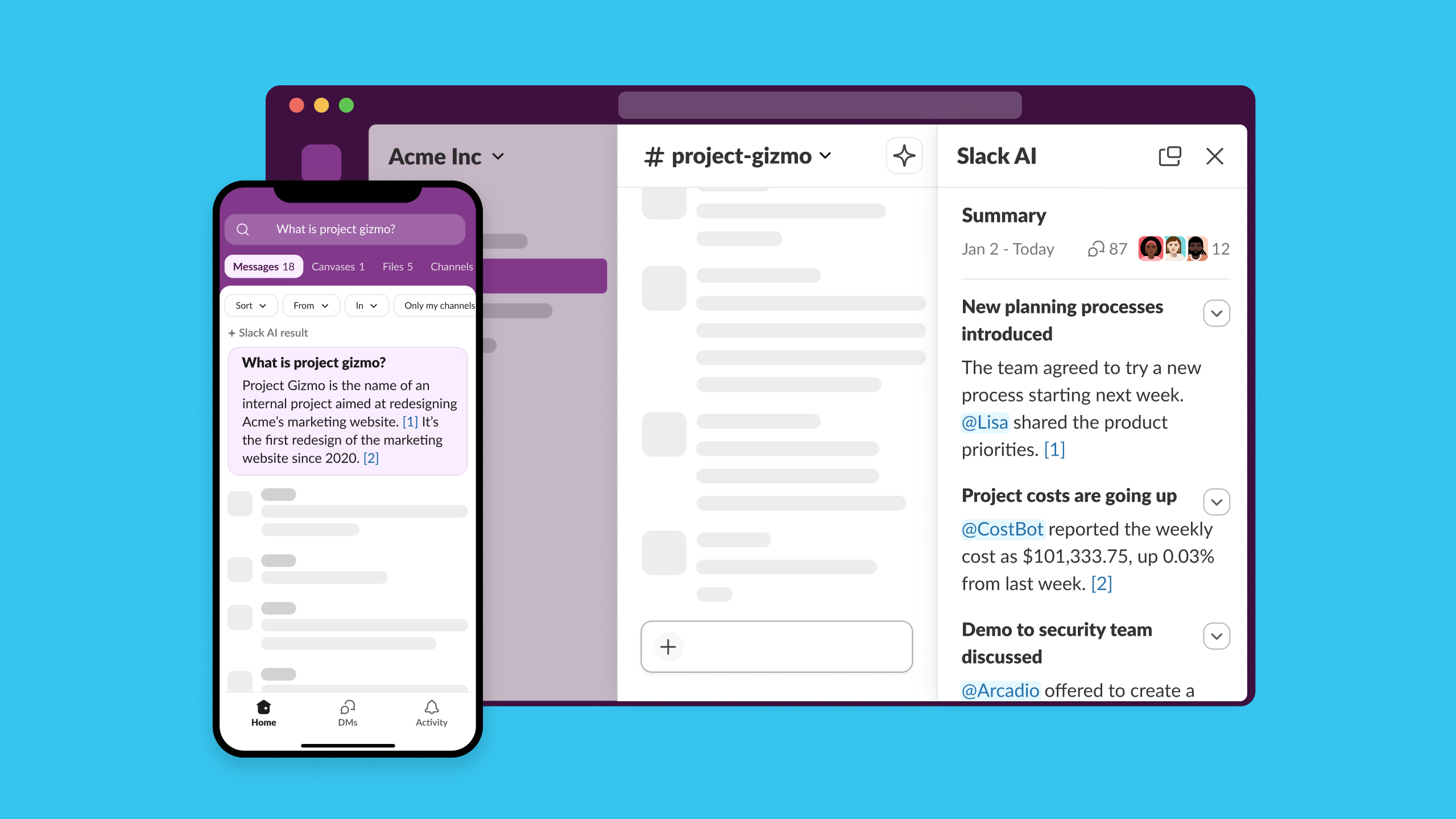

New Slack AI features mark a significant moment for the platform, according to CEO Denise Dresser, enabling users to capitalize on the technology to drive productivity.
The new offering will bring to Slack a personalized search feature, automated channel recap capabilities, and the ability for users to generate summaries of threads.
According to Slack, these new features “require no training” and are built on the company's “secure, trusted infrastructure” to give users full control over their own data.
Slack AI has apparently been designed with the express intention of allowing users to utilize what is described as a “deep reservoir of proprietary context” contained on the platform.
“These new AI capabilities empower our customers to access the collective knowledge within Slack so they can work smarter, move faster, and spend their time on things that spark real innovation and growth,” Dressler said.
What users can expect from the new Slack AI features
With Slack AI’s search feature, users will be able to generate bespoke, custom-made answers to specific questions. These answers will be built on messages within an employee's slack channels and conversations.
Employees who’ve missed meetings or who’s project focuses have been changed at the last minute could benefit from a conversational aide that’s always on call, the company said.
Get the ITPro daily newsletter
Sign up today and you will receive a free copy of our Future Focus 2025 report - the leading guidance on AI, cybersecurity and other IT challenges as per 700+ senior executives
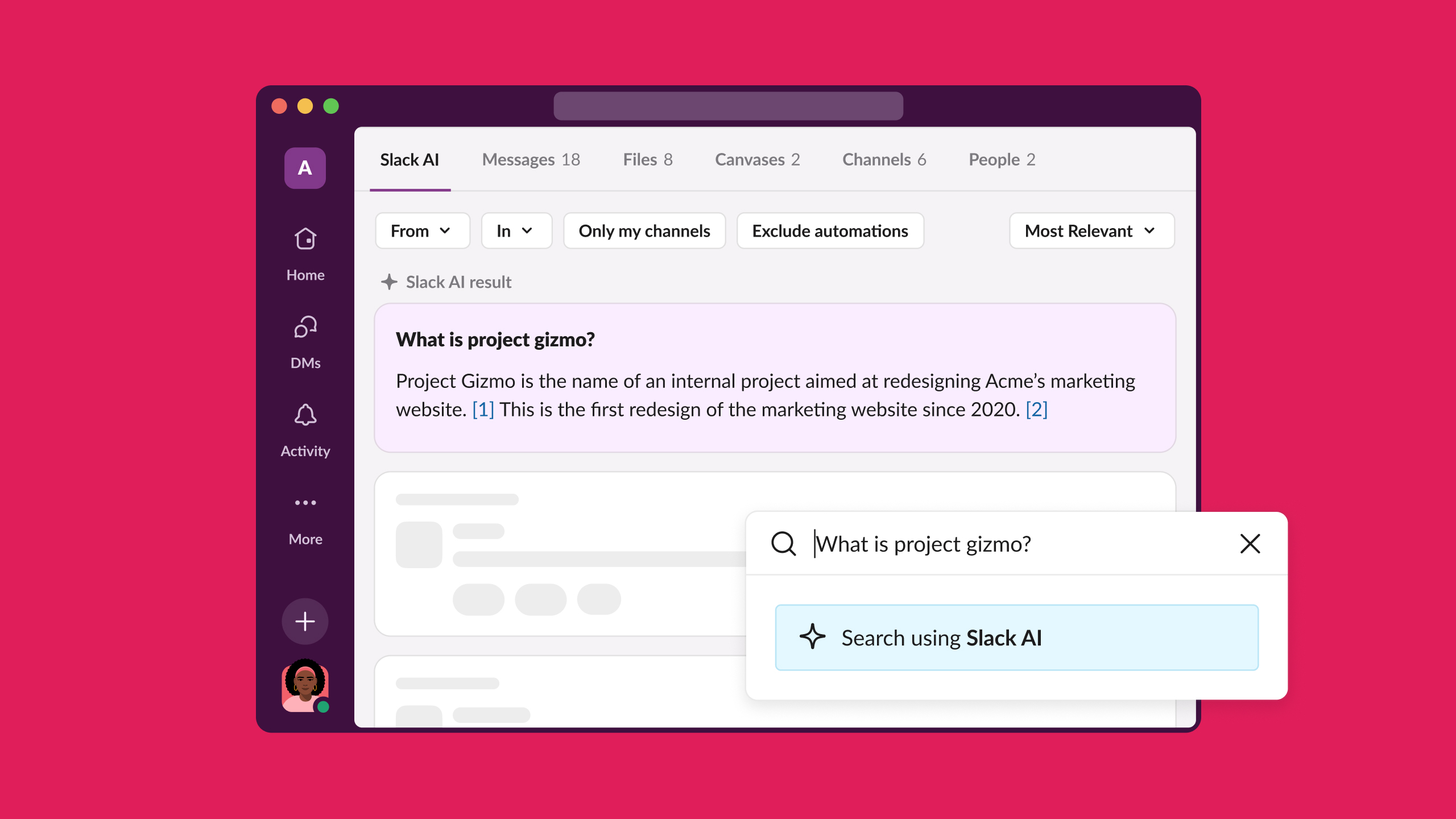
Meanwhile, Slack’s new channel recaps operate in a similar way, but with a less complex generative AI aspect.
With recaps, users can identify highlights from a particular channel, allowing employees to catch up on messages or get a general sense of what a team or project group has been discussing.
The date range of channel recaps can also be changed to cover a period of seven days, or a custom length.
Slack’s new thread summaries will remain largely the same, only with a focus on lengthy conversation threads as opposed to entire channels.

The company cited a new employee as a perfect use case for these sorts of features, describing a new sales team member who can “easily summarize the account channel and get the context they need to prepare for a customer meeting”.
Slack has made a clear bid to put users' minds at ease in terms of data, stating categorically that it will not share customer data with large language model (LLM) providers, nor will it use customer data to train LLMs.
The firm added that its LLMs are hosted “directly within Slack” to ensure that data remains in-house and secure.
Slack’s AI offering looks to compete with others in the space
This is the latest in a series of AI integrations from popular workplace platforms, With Microsoft and Google both having rolled out a series of AI-powered features for Workspace and Microsoft 365.
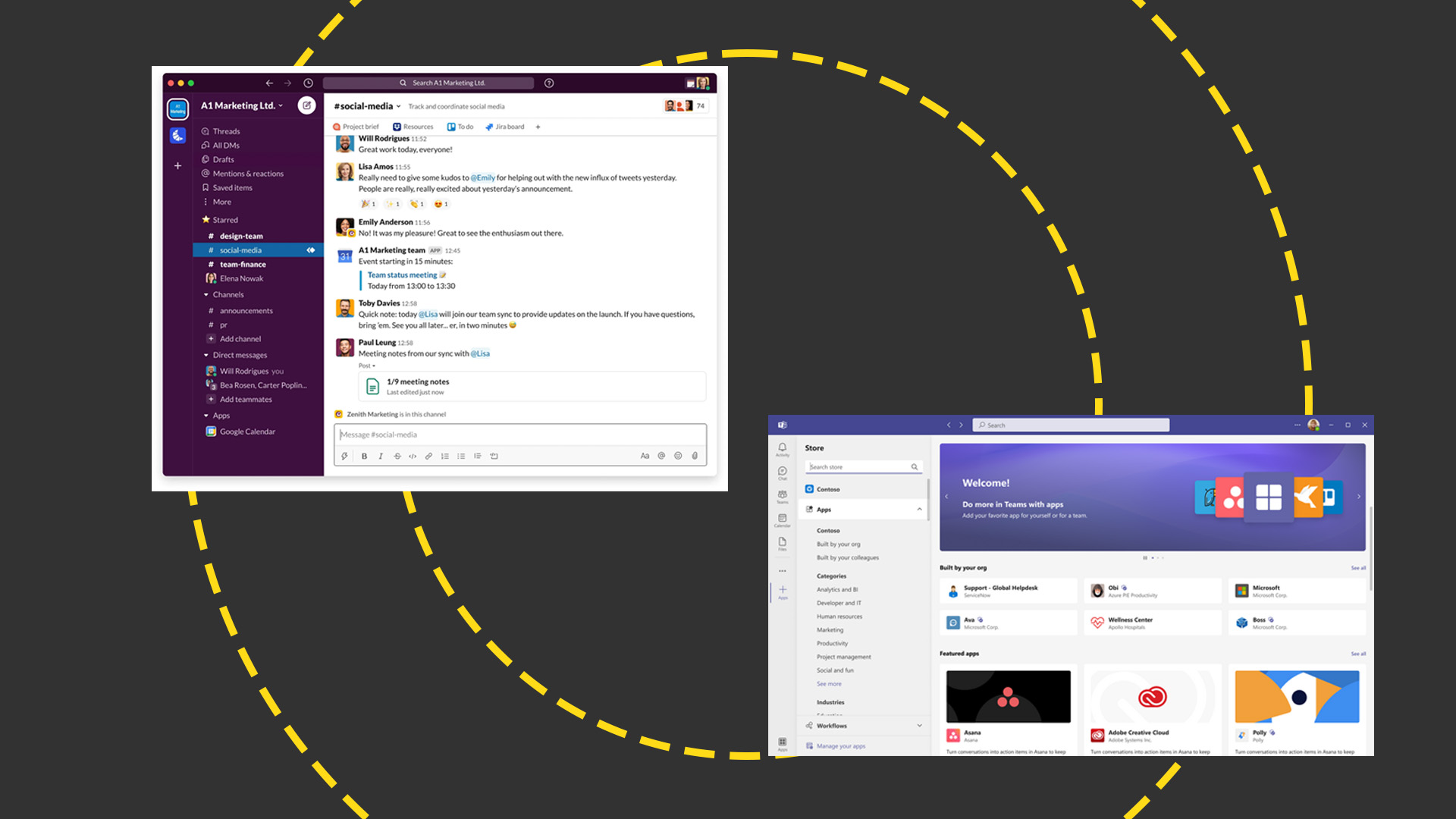
With Workspace, Google rolled out a range of Duet AI features, including automated call transcriptions and chat summaries. The company recently announced this would be renamed to ‘Gemini for Workspace’ after a major rebranding.
Similarly, Microsoft has woven its Copilot AI assistant within Microsoft 365, with Teams in particular having been the recipient of a number of AI-powered features in recent months.
RELATED WHITEPAPER
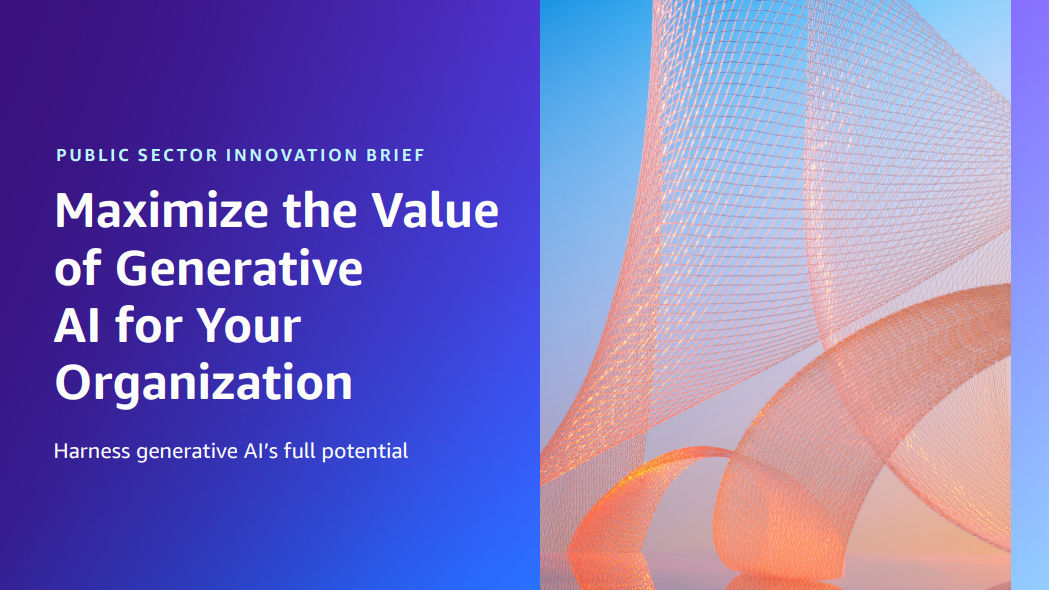
Slack has been vocal on its AI ambitions for some time now, and clearly views the integration of the technology as a means to differentiate itself from industry competitors.
Where Slack stands out, however, is integration. While Microsoft and Google’s offerings stop users from working with other software, demanding of them a restrictive level of loyalty, Slack positions itself between the two major players by allowing the use of both Office and Workspace within its platform.
Integration can be a draw for businesses who want to limit the amount of platforms they have to work across, so this makes it a serious contender.

George Fitzmaurice is a former Staff Writer at ITPro and ChannelPro, with a particular interest in AI regulation, data legislation, and market development. After graduating from the University of Oxford with a degree in English Language and Literature, he undertook an internship at the New Statesman before starting at ITPro. Outside of the office, George is both an aspiring musician and an avid reader.
-
 Bigger salaries, more burnout: Is the CISO role in crisis?
Bigger salaries, more burnout: Is the CISO role in crisis?In-depth CISOs are more stressed than ever before – but why is this and what can be done?
By Kate O'Flaherty Published
-
 Cheap cyber crime kits can be bought on the dark web for less than $25
Cheap cyber crime kits can be bought on the dark web for less than $25News Research from NordVPN shows phishing kits are now widely available on the dark web and via messaging apps like Telegram, and are often selling for less than $25.
By Emma Woollacott Published
-
 Nearly half of workers think using AI makes them look lazy and incompetent
Nearly half of workers think using AI makes them look lazy and incompetentNews AI adoption is slowing among desk workers, driven by uncertainty around its permissibility in the workplace
By Solomon Klappholz Published
-
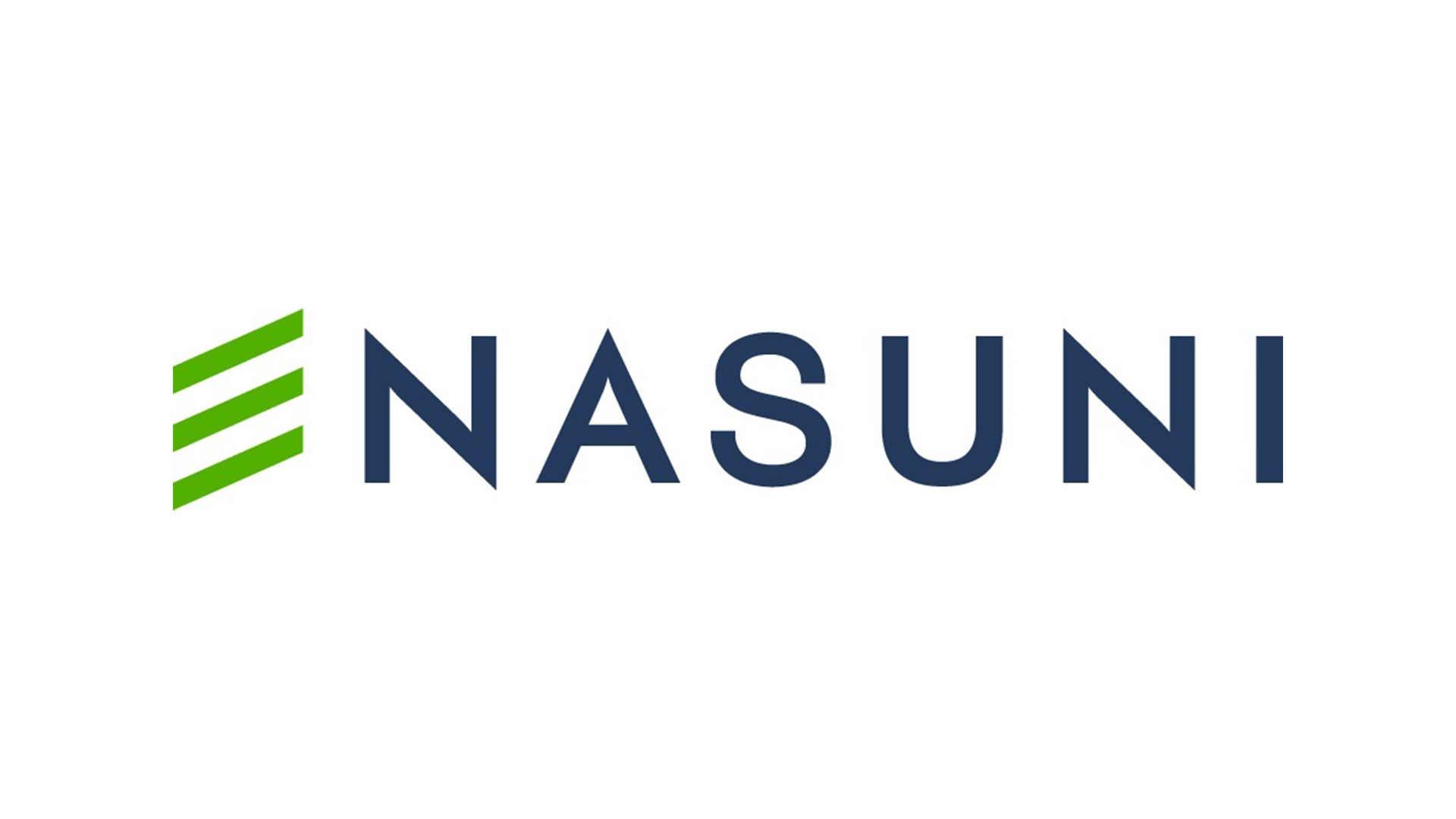 Nasuni announces new Microsoft 365 Copilot integration
Nasuni announces new Microsoft 365 Copilot integrationNews Nasuni’s File Data Platform now includes integration with the Microsoft Graph Connector to enhance data access for Microsoft’s AI services
By Ross Kelly Published
-
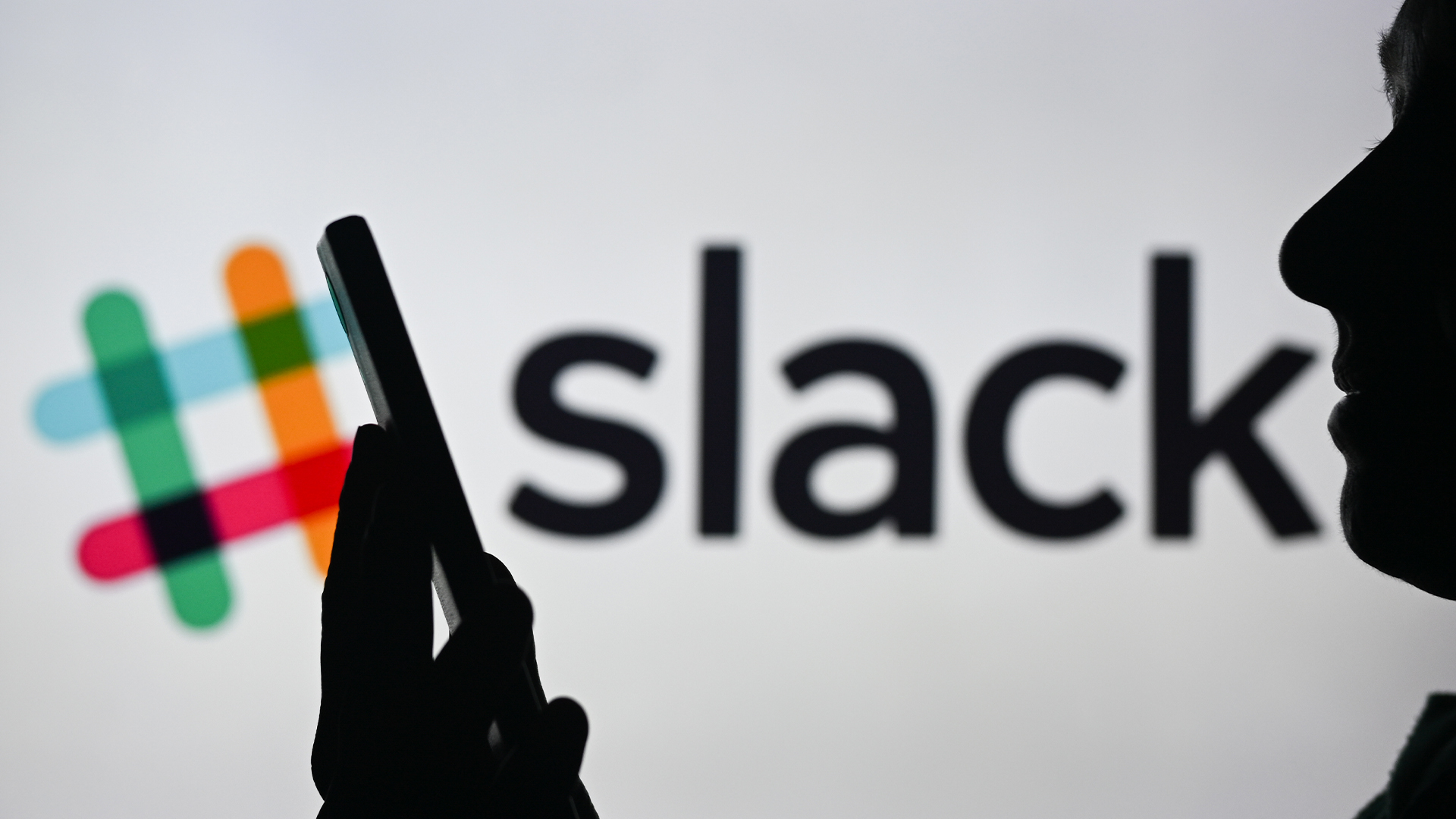 “We've had a lot of education over the last few weeks”: Slack has learned its lesson after AI training policy fiasco
“We've had a lot of education over the last few weeks”: Slack has learned its lesson after AI training policy fiascoNews Slack has been hard at work engaging with customers to clarify its AI training practices following concerns user info was used to train its models
By George Fitzmaurice Published
-
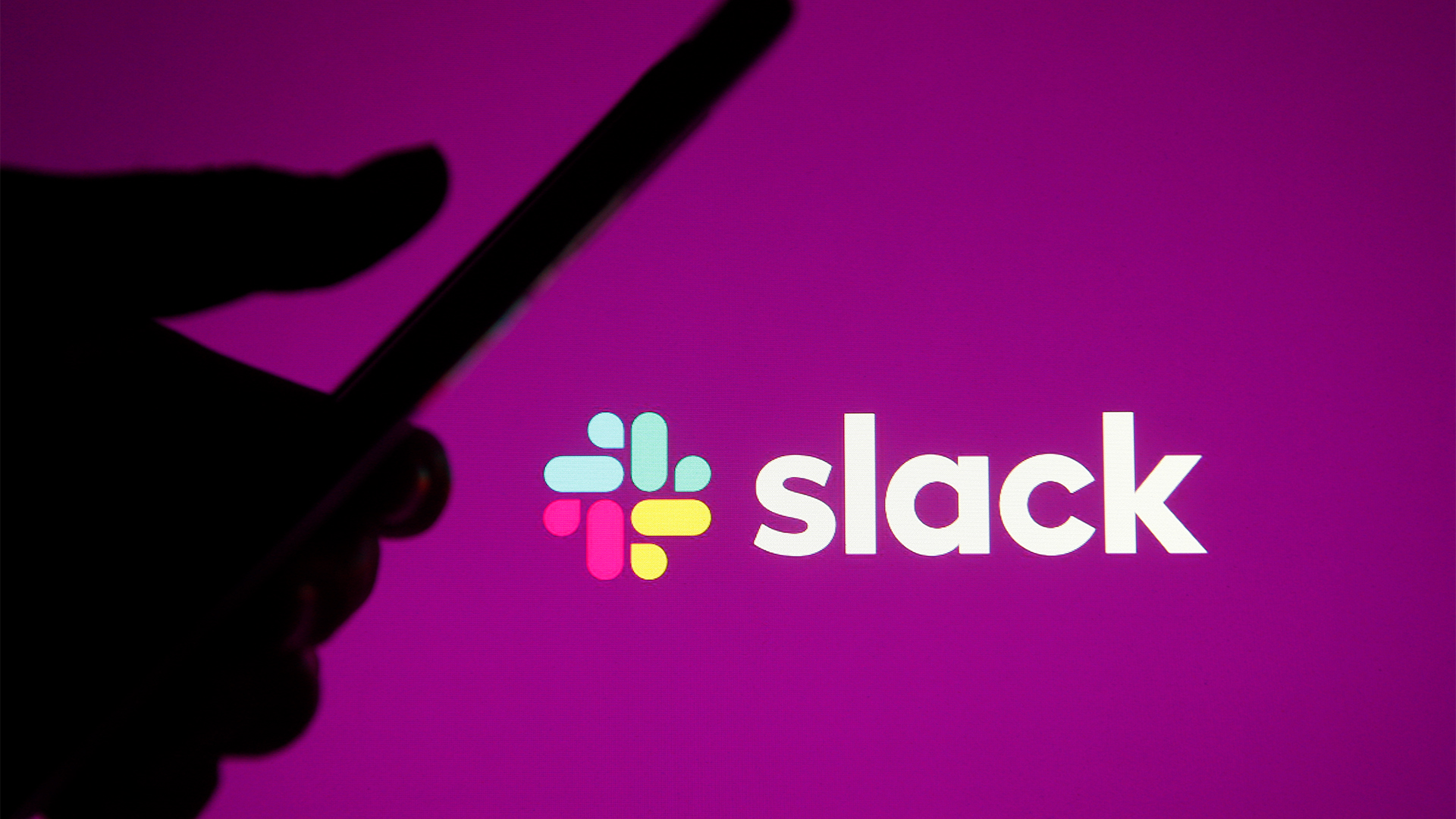 Slack refutes claims that customer data is used to train AI models
Slack refutes claims that customer data is used to train AI modelsNews Slack said its ML models are trained on de-identified, aggregate data and that its models do not access message content
By George Fitzmaurice Published
-
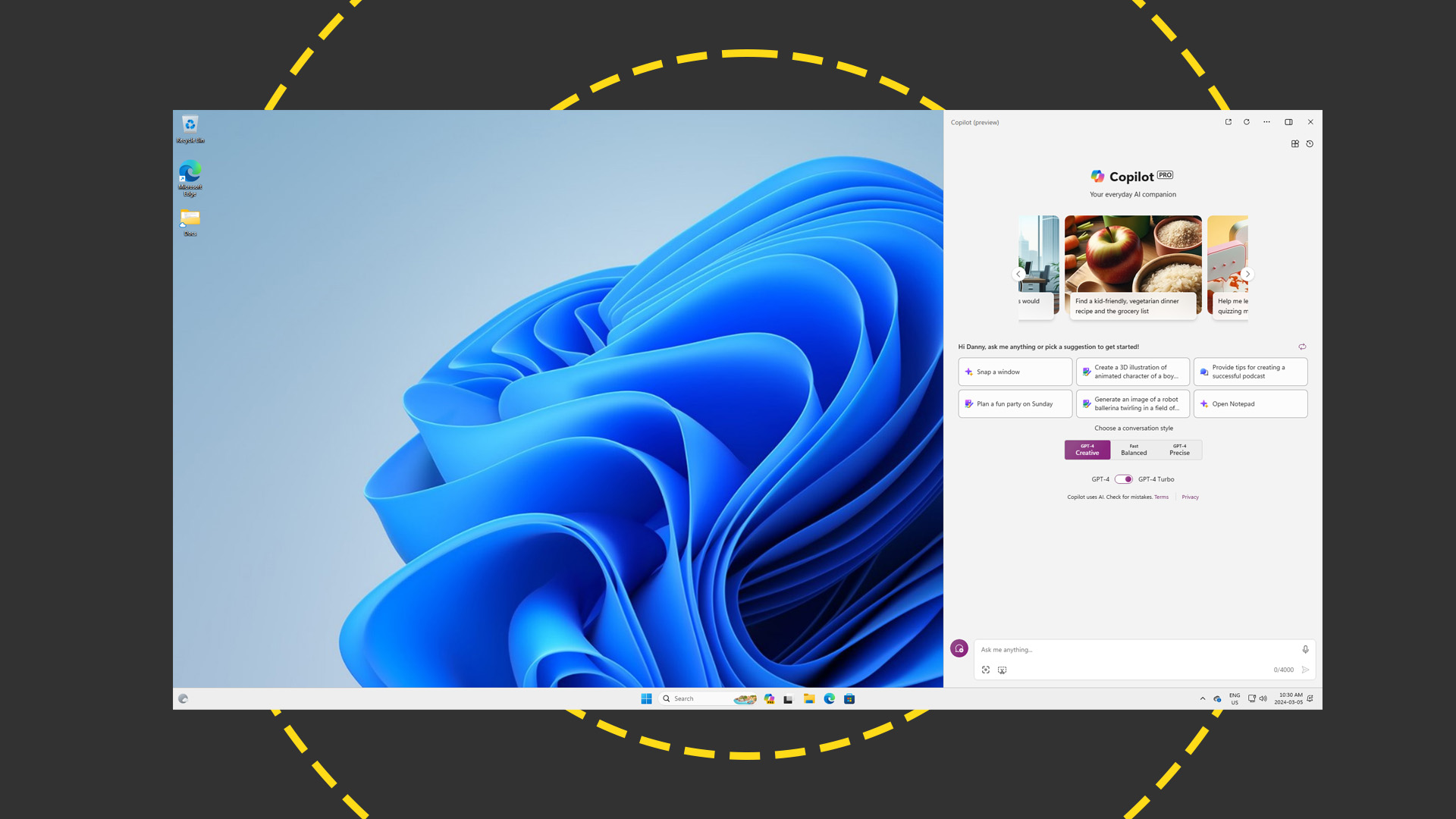 Microsoft Copilot review: AI baked into your apps
Microsoft Copilot review: AI baked into your appsReviews Microsoft already provides generative AI online – now it's putting it inside its operating systems and apps but the results are mixed
By Danny Bradbury Published
-
 UK workers are warming to generative AI – in the US, not so much
UK workers are warming to generative AI – in the US, not so muchNews British employees see generative AI as vital, despite most never having used it at work
By Emma Woollacott Published
-
 Everything you need to know about Microsoft Copilot Studio
Everything you need to know about Microsoft Copilot StudioNews The new Microsoft Copilot Studio will allow customers to create their own AI assistants
By Ross Kelly Published
-
 Generative AI’s ‘fear factor’ is dissipating as firms and employees alike acknowledge benefits
Generative AI’s ‘fear factor’ is dissipating as firms and employees alike acknowledge benefitsNews While lingering concerns over data privacy and ‘hallucinations’ persist, workers are warming to generative AI, Slack and Salesforce execs say
By Ross Kelly Published